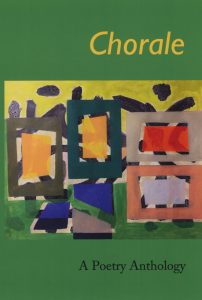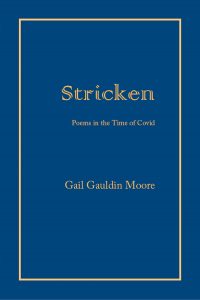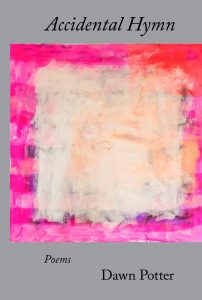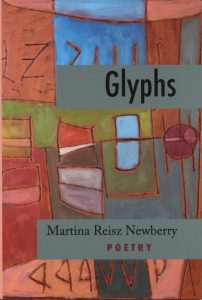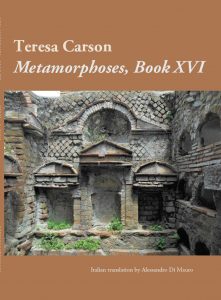New titles for Poetry Month and beyond
Chorale, A poetry Anthology by ten Maine writers
pub date 4/26 available soon for early orders
These poets write about passages—their own and our country’s—looking deeply at the world as they find it. They investigate those profound memories that shape us throughout our lives and examine the natural world that can transform us every day. They are a community of writers, and their poems at times become a call and response, voices joined together to create images and stories that evoke and complement each other. At a time in our world when darkness feels omnipresent, these poets remind us that there is light in everything as well.
—Stuart Kestenbaum, Maine’s 5th Poet Laureate
Stricken: Poems in the Time of Covid by Gail Gauldin Moore
pub date 4/12 available soon for early orders
Gail Gauldin Moore’s Stricken is truly captivating. It’s also perfectly timed for a society shaken by all manner of plagues. “Eternity,” she writes, “is a spasm in a Petri dish.” Everywhere throughout this collection, Moore’s poetry is at once prescient and inquisitive, deftly embodying the beguilement of the day. At it’s heart, however, it is a study of personal loss, a tribute to love’s inevitable wound. “For me, the best thing now / is coping with the worst thing.” There is potent medicine here. Moore is at the height of her art.
—Brendan Constantine, author of Dementia, My Darling
Accidental Hymn, poems, by Dawn Potter
pub date 5/20
In addition to her marvelous craft and her patent relish of language, Dawn Potter impresses by the sheer range of her enterprise. She can write about Paganini and Otis Redding, compose wrenching narratives (“Mr. Kowalski”) and witty conceits (“Love Poem from a Tiny Husband”), terse, almost haiku-like lyrics (“Dooryard”) and gritty realist observations (“Walking into Town”). But whatever her approach, the poet is marvelously and rightfully self-assured, and the reader is immeasurably schooled in what our world is about in all its facets. A brilliant collection!
—Sydney Lea, Vermont poet laureate (2011–15) view a preview of this title
Glyphs, poems by Martina Reisz Newberry
pub date 5/10
Reading these poems is like walking through a city’s neighborhoods . . . each neighborhood with its own characteristics. You’re on the same walk and you can see the connection as you turn a corner from one poem /page /street to the next, even though the one you’ve ended up on tells a different story, and smells and sounds different.
Martina presents her elevation over this world in a way that resonates with any artist’s filter …or to the common-person who hasn’t yet discovered their inner muse. These poems shine a light for them, and all of us, into realms we are glad to have revealed.
—Rick Lupert, author of God Wrestler: A Poem for Every Torah Portion, and The Tokyo-Van Nuys Express
Metamorphoses, Book XVI, Book II in The Argument of Time series by Teresa Carson
pub date 6/9
In this second volume in her series The Argument of Time, Teresa Carson takes us from the abandoned port town of Ostia to the galleries of the Metropolitan Museum of Art in New York. In its galleries, we encounter a marble sarcophagus dedicated by a dutiful daughter, Aninia Hilara, to her ‘incomparable mother’, Claudia Arria, its beautifully carved reliefs depicting the myth of Selene, goddess of the moon, and her sleeping lover
Endymion.
Asking how we, as modern viewers, are to interpret such a monument, Carson invites us to accompany her as she attempts to decode its iconography, to access the desires, relationships, and even the most mundane experiences of the deceased, and to reconcile the souls whose memories it preserves with the sterile museological context in which it is now encountered. Juxtaposing the language of inventory, label, catalog, and dry art-historical description (complete with footnotes) with direct address to the departed and powerful expressions of grief in which language breaks down altogether, Carson braids her own experience of loss with an eloquent commentary on the irreconcilable relationship between archaeological artifacts and the living, breathing individuals who once gave them meaning. Ovid may have claimed in his Fasti that “the shades ask little” (parva petunt manes), but Carson movingly grants them far more. For those who care to try, “Remembering remains”.
—Verity Platt Professor of Classics and History of Art, Cornell University
